ORIGINAL RESEARCH
Published on 09 Feb 2023
Becoming agroecologists: A pedagogical model to support graduate student learning and practice
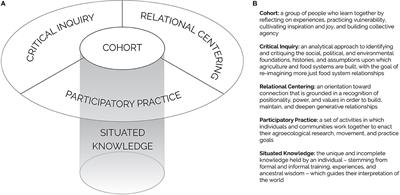
doi 10.3389/fsufs.2023.770862
- 1,751 views
- 3 citations
9,487
Total downloads
57k
Total views and downloads
You will be redirected to our submission process.
ORIGINAL RESEARCH
Published on 09 Feb 2023

PERSPECTIVE
Published on 18 Nov 2022
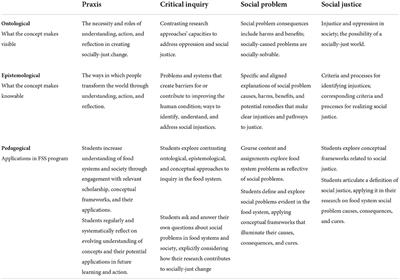
PERSPECTIVE
Published on 26 Jul 2022
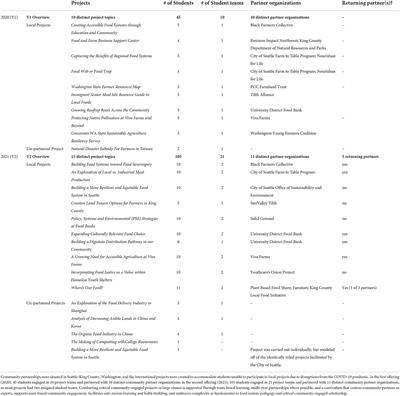
PERSPECTIVE
Published on 14 Apr 2022

ORIGINAL RESEARCH
Published on 21 Mar 2022
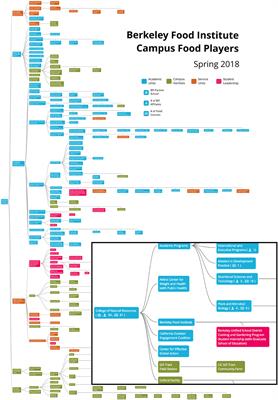
ORIGINAL RESEARCH
Published on 15 Mar 2022
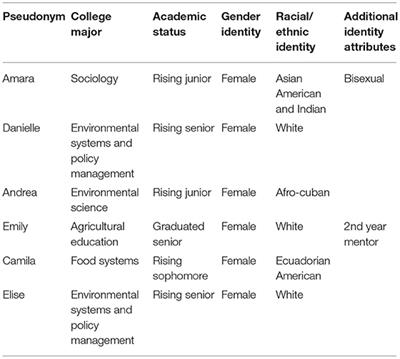
PERSPECTIVE
Published on 31 Jan 2022
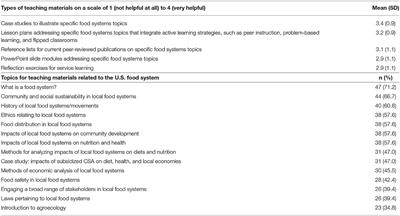
ORIGINAL RESEARCH
Published on 25 Jan 2022
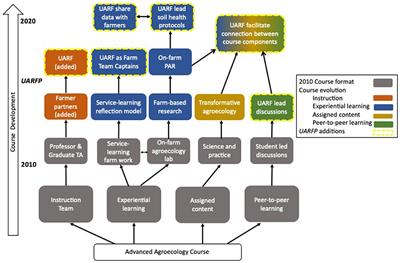
PERSPECTIVE
Published on 30 Nov 2021
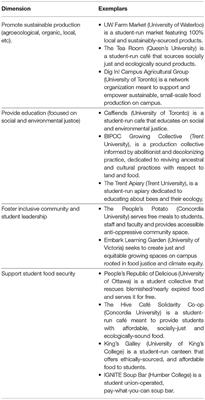
ORIGINAL RESEARCH
Published on 26 Nov 2021
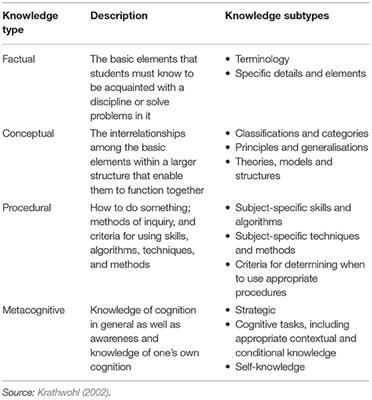
ORIGINAL RESEARCH
Published on 23 Nov 2021
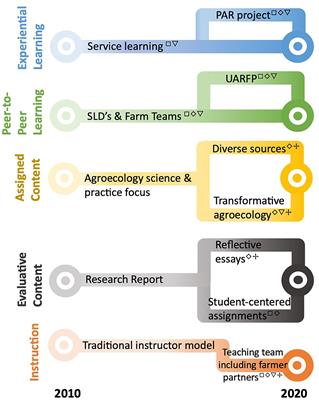
PERSPECTIVE
Published on 17 Nov 2021
